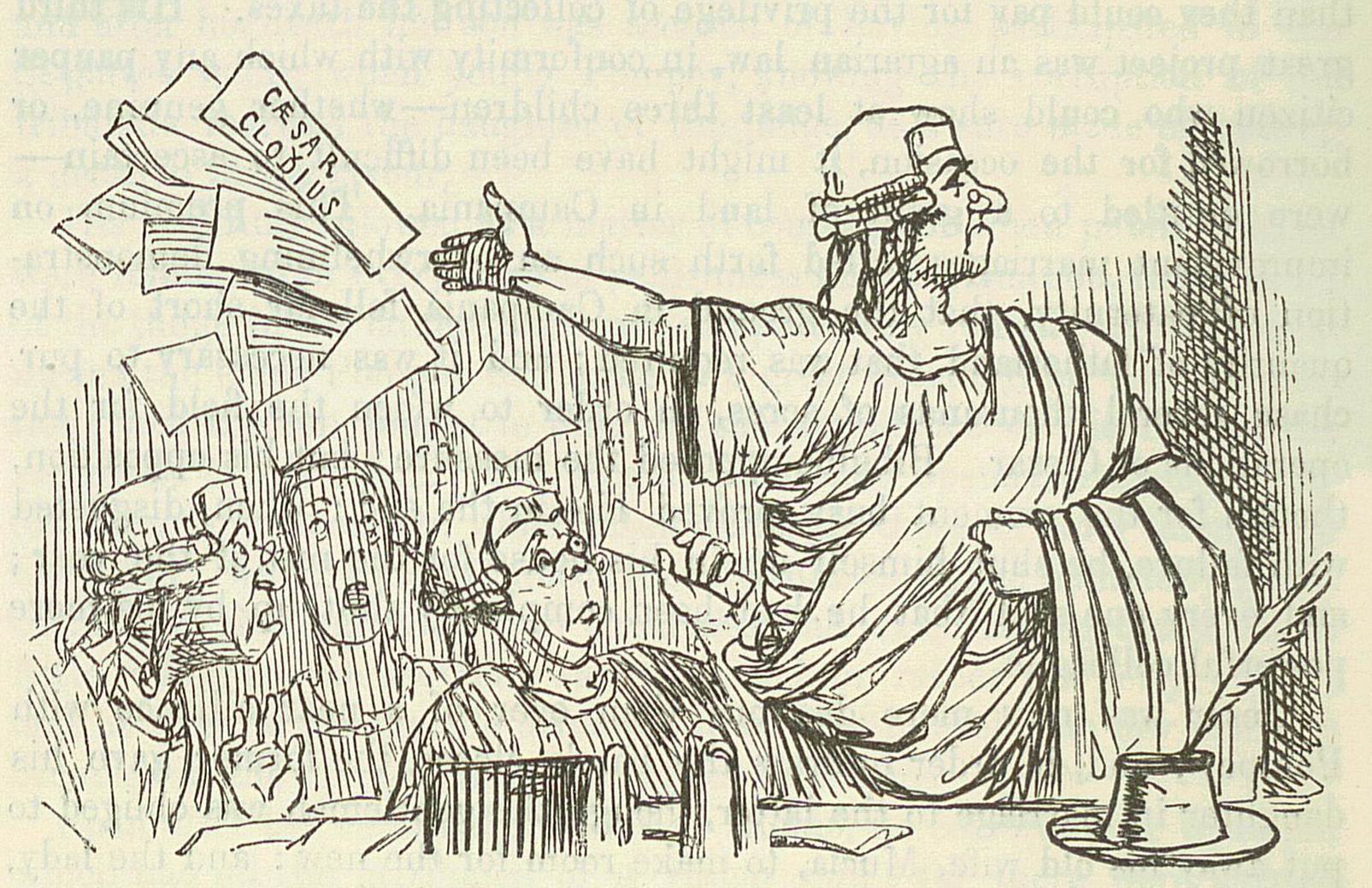Aulus Gellius, Attic Nights 1.3.21-23
“Theophrastus, in the book I already discussed, addresses the same matter which Cicero does, but more extensively and more pointedly. But he too does not make his opinion clear concerning distinguishing about a solitary and separate action—he does not use clearly established examples, but discusses classes of action in summary in close to the following:
“A small and rather thin shame or bad reputation ought to be endured if it is possible through it to be of great advantage to a friend. Certainly, the loss from a compromised sense of honor is repaid and repaired by some greater or weightier service to a friend and that momentary slip, or in a way, your damaged reputation is made whole again with the fine material of usefulness to a friend.”
21 Theophrastus autem in eo, quo dixi, libro inquisitius quidem super hac ipsa re et exactius pressiusque quam Cicero disserit. 22 Set is quoque in docendo non de unoquoque facto singillatim existimat neque certis exemplorum documentis, set generibus rerum summatim universimque utitur ad hunc ferme modum: 23 “Parva” inquit “et tenuis vel turpitudo vel infamia subeunda est, si ea re magna utilitas amico quaeri potest. Rependitur quippe et compensatur leve damnum delibatae honestatis maiore alia gravioreque in adiuvando amico honestate, minimaque illa labes et quasi lacuna famae munimentis partarum amico utilitatium solidatur.






